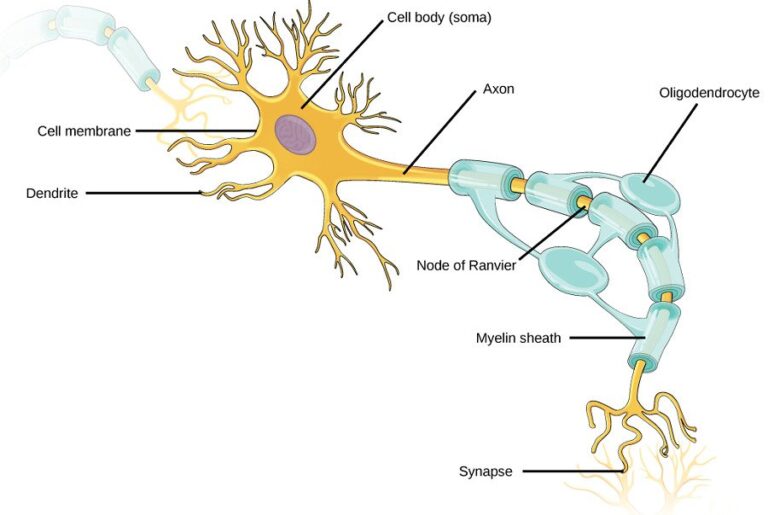Teenagers are full of potential, full of life, and sleepy.
Adolescents are at an essential stage of their growth and development. Because of this, they need more sleep than adults, which is why they sleep so much.
An average teenager needs about nine hours of sleep each night to feel good and rested. However, research shows that most teens do not achieve the number of hours they need.
Here are the causes of why teenagers sleep so much and what to do so they can sleep better.
// Recommended: Exercise routine for teens
Why do teenagers sleep so much? – Causes
Adolescence is a time when the body begins to undergo many changes.
This is the stage of life when one becomes physically capable of sexual reproduction.
Girls watch their breasts develop and have their first menstrual period. Children begin to grow facial hair and hear their voices deepen.
During adolescence, these changes in the body are closely related to the shape and number of hours they sleep.
There is a change in the timing of the body’s biorhythms. Before puberty, your body becomes sleepy around 8:00 or 9:00 pm. When puberty begins, this rhythm changes a couple of hours later. Now, the body tells you to sleep around 10:00 or 11:00 pm. (1)
This natural change in a teenager’s circadian rhythms is called a delayed sleep phase. The need for sleep is delayed for about two hours.
At first, adolescents may seem to suffer from insomnia. They will have a hard time falling asleep at the usual time. While they start to sleep later, they still need an average of nine hours of sleep at night.
This change is a normal part of growth. With a bit of extra care, teens will quickly adjust to the new sleep schedule.
Since most teens have to get up early for school, they must go to bed on time. If they stay up late, they won’t be able to get the sleep they need.
// Recommended: How many hours do I have to sleep?
Problems and lack of sleep in adolescence
Many factors prevent teens from getting enough sleep—changes in habits, stressful situations, moving, etc.
Using a lot of caffeine or nicotine will also make it difficult for a teenager to get quality rest. By the end of the school week, many teens will be exhausted from their lost sleep.
Teenage sleep problems can start long before they turn 13. The sleeping habits and body changes of 10-12-year-olds are closely linked to adolescence.
Teenage sleep patterns can become fixed in their adult lives, so sleep disturbances in teens can continue well into adulthood. Good sleep is essential at this stage of life, and parents should help teens get enough sleep.
The causes of your lack of sleep in adolescents are:
- Overwork or stress
- Active social lives
- A false vision of the dream.
- Hormonal changes
// Recommended: Physical growth in children and adolescents – Stage s
How many hours do you have to sleep?
Sleeping fewer hours and maintaining good health is practically impossible. On the other hand, excessive sleep can harm a person’s mental state. This applies to both adults and teens.
Scientists have established the number of hours to sleep per day, not on gender (men or women), but only on age’s maximum and minimum limits. (2)
The recommendations are that an adult sleeps at least 6 hours a day. In the case of adolescents, they need about an hour more sleep than adults.
M maximum-minimum hours to be slept per day depending on age:
- Newborns: from 14 to 17 hours
- Children from 1 to 5 years old: from 10 to 13 hours.
- Children from 6 to 13 years old: from 9 to 11 hours.
- Adolescents under 17 years: 8 to 10 hours.
- People from 18 to 64 years old: from 7 to 9 hours.
- People over 65: 7 to 8 hours.
Teens – How to sleep well
Most teens will sleep much better if they develop good sleep hygiene habits.
Sleep hygiene consists of essential tips that help you develop a healthy sleep pattern. (1)
Because teens are at a unique stage in life, the tips listed below are even more important to them:
- Create a calm home environment at bedtime.
- Avoid using electronic devices 1 hour before sleeping
- Do not have any caffeinated food or drink (including soda and chocolate) one hour before bed
- Do not smoke and drink alcohol. In addition to damaging your health, nicotine and alcohol will disturb your sleep.
- Regular exercise routines and a healthy diet will help teens sleep better at night.
- Keep the lights dim at night.
- If they take a nap, they must hold it for less than an hour.
- They may need to wake up later on weekends. But no more than two hours after they usually get up on a weekday. Sleeping longer than that will severely disturb a teenager’s body clock.
ABSTRACT
Adolescents sleep a lot because, at this stage of life, they experience growth and hormonal changes in the body.
A teenager’s circadian rhythm is disrupted, and this can cause them to go to sleep later. This is not insomnia but a normal process of the body. In adolescence, you must adapt your body to this fact.
For teens to sleep better, they are advised to cut down on caffeinated foods and beverages. Exercise regularly and avoid the use of cell phones and electronic devices 1 hour before sleeping.







